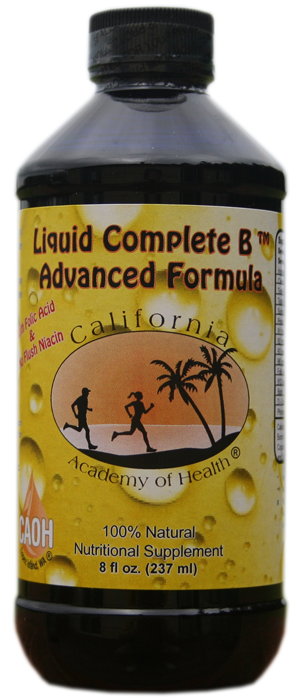I am a renal dietitian in western Massachusetts and have a patient who takes your liquid B vitamins. I noticed several minerals included in the ingredients and was wondering if these are in trace amounts, or not. For instance, potassium and phosphorus are included, and renal patients need to limit their intake of these minerals. Any info you may have on this would be helpful.
Thank you.
Emily Lewis, MS, RD
Answer: Emily,
The amount of minerals in our Liquid Complete B Formula is in TRACE quantities. I totally understand that you want to limit supplemental forms of certain minerals, but it’s the form and total amount that matters the most. As you know, a person would die (or not do well) without adequate daily potassium and other minerals. The RDA for potassium, for instance, is 3.3 grams per day, really should be 4.0 grams/day. That would be 33, 99 mg potassium (gluconate or citrate) caps/day. The issue with a doctor… restricting a particular mineral should be based on, not going above or beyond the RDA values. If a clients diet is one of fast-food or void of fruits and vegetables, supplemental minerals should be prescribed, even if the client is on dialysis. Just my professional opinion.
I usually run a routine blood chemistry to determine the blood levels of these minerals: potassium, calcium, sodium, chloride and magnesium, as they are added back, to mimic plasma concentrations, during dialysis. If these minerals are low or not in, what I call the functional range (a narrower bell-curve range than is used by Quest, LabCorp….), I will supplement until a stable range has been achieved on follow-up blood tests.
I hope this helps and sorry for the drawn out answer.
Since you do this every day and I don’t, if you have data that will help me in my practice on this matter, can you e-mail me back.
Sincerely,

